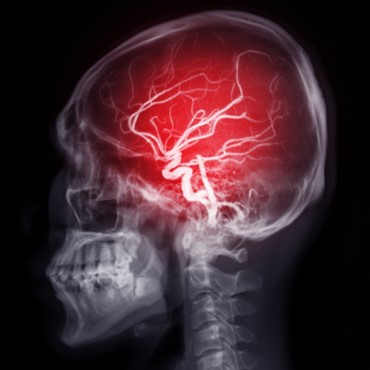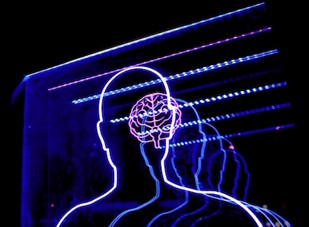Preventing Migraines from a Neurology Perspective
According to the American Migraine Association, roughly 39 million people in the United States suffer from migraine attacks, making it one of the country’s most common neurological diseases.
Migraine is a “disabling neurological disease” that is more than just a bad headache, often a throbbing or pounding sensation that is often accompanied by sensitivity to light and smells. Sometimes nausea and vomiting and even reports of temporary blindness have occurred in more severe cases.
There are still a lot of questions surrounding how to best deal with migraines, but most patients who experience migraines say that the best treatment is the lay down and rest in a dark room. Cold compresses have also been found to help.
Recommendations to Prevent Migraines
From medication to meditation, and even Botox, Dr. David Zagzag agrees with many practitioners and the majority of neurologists that the following suggestions have been shown to prevent, or at least reduce, the number of migraine attacks that patients may experience and helped them prevent and navigate their episodes.
Experiencing a migraine can be unnerving, especially because patients do not know when a migraine strike will occur. Thankfully, there are some solid suggestions.
Hydration and Diet
Migraines are caused by the narrowing of blood vessels around the brain and dehydratation can render this process more severe. Staying hydrated can help. Another important way to attempt to prevent a migraine is to make changes to the diet. Certain foods can trigger migraines, which is why some neurologists recommend a migraine food diary. By doing this, patients can start to see patterns in the foods they consume and their associated migraine attacks. There is no guarantee that cutting out certain foods will prevent migraines completely, but many patients and neurologists have reported a beneficial impact on the frequency and occurrence of the migraines. Some foods that are more likely to cause migraines include:
- Wine and any other kind of alcohol
- Certain cheeses, such as swiss, parmesan, or brie
- Cured meats, which contain nitrates, such as hot dogs and bacon
- Artificial sweeteners like aspartame
Caffeine may also act as a trigger in two possible ways: drinking coffee or other caffeinated beverages may start a migraine attack, and caffeine withdrawal is an even more frequent migraine trigger. It is best to avoid sugary and highly caffeinated drinks.

Sleep
One of the best ways to assist patients with migraine prevention is adequate sleep to allow for the body to “recharge”. Lack of sleep means the body is physically active for a longer period of time, which can contribute to the induction of an attack.
Neurologists recommend a regular sleep schedule, meaning going to bed around the same time each night and waking up around the same time. A proper sleep timeframe is anywhere between seven and nine hours as advised by the National Sleep Foundation guidelines.
Managing Stress
Life is naturally stressful and learning to manage stress with activities such as yoga, meditation, or journaling, is often helpful in preventing migraines. Exercise is also recommended since it leads to the release of endorphins, which have been described as “natural painkillers.”
In short, keeping track of what triggers a migraine, appropriate diet and hydratation, ensuring more sleep and stress reduction are key in attempting to reduce and help prevent further migraine attacks.
Disclaimer: Always consult with a qualified and licensed physician. The content and information on this website is not intended to be a substitute or to replace professional medical advice for accurate diagnosis or appropriate treatment. Readers are encouraged to confirm the information contained herein with other sources, not to rely on this website for emergency medical treatment and to carefully review the information provided with their professional health care provider. In short this website is not an attempt to or should not be used to make a diagnosis, to replace or to overrule a qualified health care provider’s judgment.



